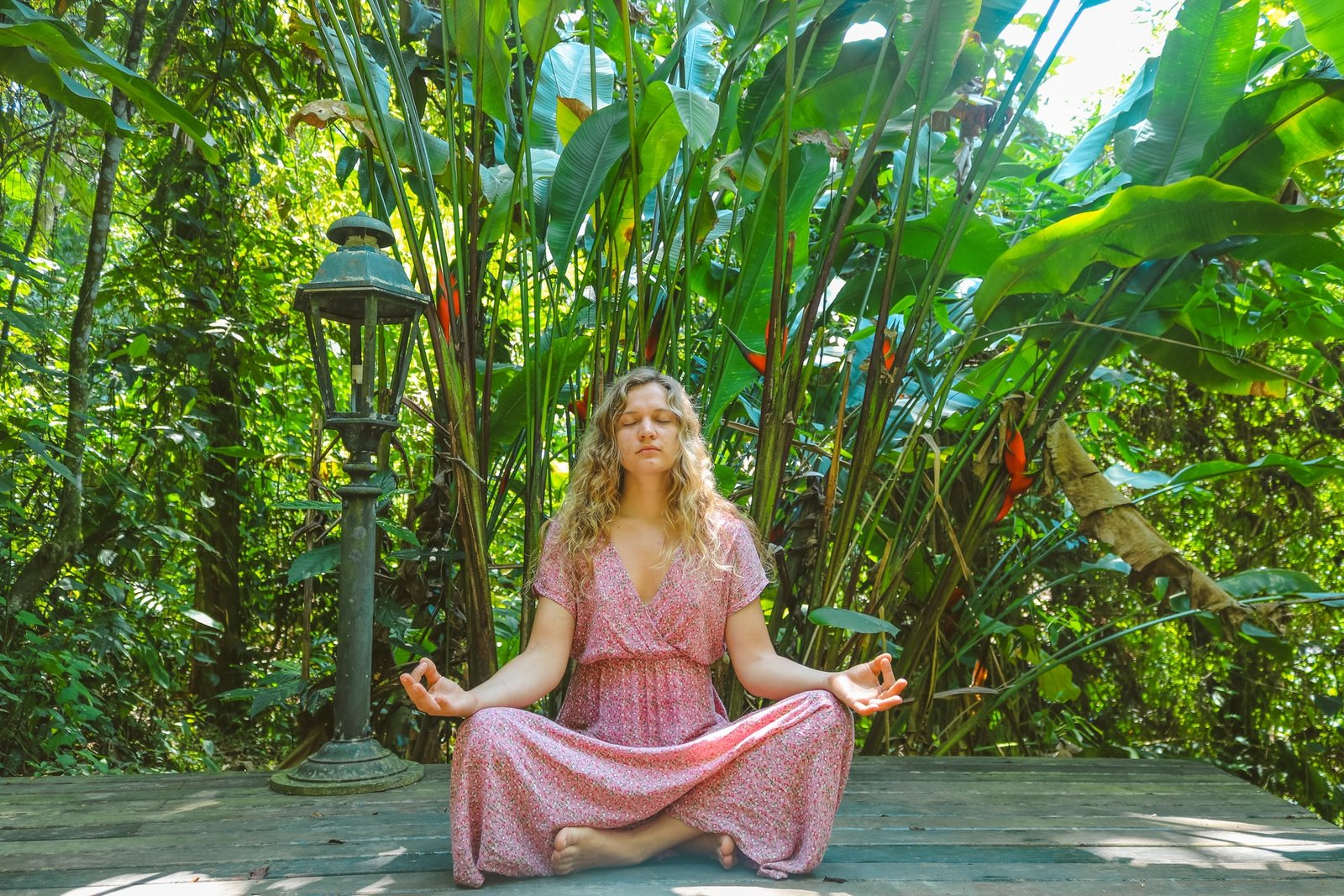Mental health includes psychological, social, and emotional well-being. It affects how we feel, think, and act as we cope with our lives. It also helps to determine how we can handle stress, relate to others, and make our choices. Mental health plays an important role at every stage of our lives, from childhood and adolescence through aging and adulthood. In this article, we are discussing a few important mental health tips that will boost your mental health.
Why is Mental Health Important?
Mental Health is important as it helps to:
· Cope with stress
· Be physically strong
· Make meaningful contributions to your community
· Work constructively
· Understand your full potential
Understanding Excellent Mental Health
Our mental health influences how we feel, think and behave in our regular lives. It also affects your capability to overcome problems, cope with stress, build relationships, and recover from life’s obstacles and hardships.
Strong mental health is not simply the absence of mental health issues. Being emotionally or mentally healthy is much more than being free of anxiety, depression, and any other psychological issues. Instead of the absence of mental illness, mental health refers to the presence of positive characteristics.
People who are mentally healthy have:
An interest in living and the capability to laugh and enjoy
· A sense of commitment
· The capability to handle stress and bounce back from hardship
· A feeling of meaning and purpose, in both their activities and their relations
· The flexibility to learn new talents and adjust to change
· A balance between play and work, rest, and activities
· The capability to establish and maintain a rewarding relation
· High self-esteem and self-confidence
No matter whether you are looking to cope with a certain mental health issue, handle your emotions in a much better way, or just to feel more energetic and positive, there are a lot of ways to take control of your mental health- starting from today.
Mental Health Tips for The Well-Being of your Mind
Anybody can suffer from emotional or mental health issues- and with time most of us will. Every year, nearly one in five of us suffer from a diagnosable mental problem. Yet, despite how common health issues are, most of us make no effort to correct the situation.
Most of us ignore the emotional messages that convey to us something is wrong and try toughing it by distracting ourselves or self-medicating with drugs, alcohol, or any self-destructive behaviors. We hide our issues hoping that others will not notice. We hope that our situation will finally improve automatically. Or we just give up- telling ourselves this is “the way we are.”
The good news is that there is no need to feel bad. There are practices you can follow to improve your mood, become resilient, and enjoy your life. But just as it demands efforts to develop and maintain physical health, so is the same with the mental health condition. We must work harder these days to ensure good mental health, just because there are so many ways that life takes a toll on our passionate well-being.
Be good to yourself- One of the important mental health tips to follow is to be nice to yourself. When you feel low, it is easy to be hard on yourself. While you might not be in the condition to compliment or congratulate yourself, try to be compassionate. And here is an additional bonus hint: If you are struggling hard to be nice to yourself, do something good for someone else. Then, compliment yourself for doing that.

Regular exercise- Even climbing a few stairs or a short walk can reduce stress and boosts alertness. A regular physical exercise routine can improve one’s mood, concentration, and help alleviate signs of depression and anxiety.
Eat healthy food- Fruits and vegetables? Totally! Healthy foods. Do not drink 1o cups of anything unless it is water. But healthy eating also signifies having a healthy attitude towards food. You must enjoy your meals with friends, try new foods and you should not obsess over food. If you do find that your relationship with food is affecting your physical or mental health, then get the facts on eating disorders and seek help.
Get enough sleep. Sleep is important for our mental and physical health. Sleep helps to regulate the chemicals in our brain that communicate information. These chemicals play a significant role in handling our emotions and moods. If we do not get enough sleep, we may start feeling anxious or depressed.
Consider social connection a priority- mainly face-to-face- No matter how much time you spend to enhance your emotional and mental health, you will still require the company of others to feel and function in the best way. Human beings are social creatures with emotional requirements for relationships and positive connections with each other. We are not meant to endure, let alone flourish, in isolation. Our social brains crave companionship- even when experience has made us shy and skeptical of others.
Support communication. Let your loved ones know that they can come and talk to you about their feelings, thoughts, and difficult situations they are handling. When they come to you, listen to what they are saying. You may not understand or agree, but you must accept the problems they are having are real to them. Think about those things you battled with when you were at their age.
Shut down the screens before you sleep. Various studies have shown that looking at screens before going to sleep can affect how fast you fall asleep and the quality too. Blue light from your smartphone affects the production of melatonin, a hormone that regulates your sleeping/waking cycle. Texting, reading, posting, etc, whatever it is. Keep your mind active when it must be winding down instead. And, yes, then their messages in the middle of the night…

Take a deep breath- Try it. Take in a slow breath. Start from your belly; expand through your chest, ribs, and lungs. Breathe out slowly. Counting can be helpful.
Connect with others. Family, friends, pets…. even a casual friendly conversation with a stranger can improve positive feelings, help get rid of anxiety and anxiety, and make you believe that you are related to others. Focus on the quality of your relationships and friendships, not the quantity. If someone helps you to feel happy, supported, liked, and used, or any other positive feelings, let the connection go.
Relaxation methods are another one of the useful life hacks that guarantee strong mental health. These techniques are one of the best mental health tips that generate your body’s natural relaxation reaction. This slows down breathing, reduces blood pressure, and lessens stress and muscle tension. Some of the common relaxation methods include:
Progressive relaxation, where you tighten and then relax various muscle groups, sometimes while doing breathing exercises
Guided imagery, where you focus on positive images in your mind, to help you to feel more focused and relaxed
Biofeedback, where you make use of electronic devices to learn how to control specific body functions, like heart rate, muscle tension, and breathing.
Self-hypnosis, where the objective is to get yourself into a relaxed kind of situation when you hear a specific suggestion or see a certain cue.
Deep breathing exercises, which include focusing on taking slow and deep breaths.

